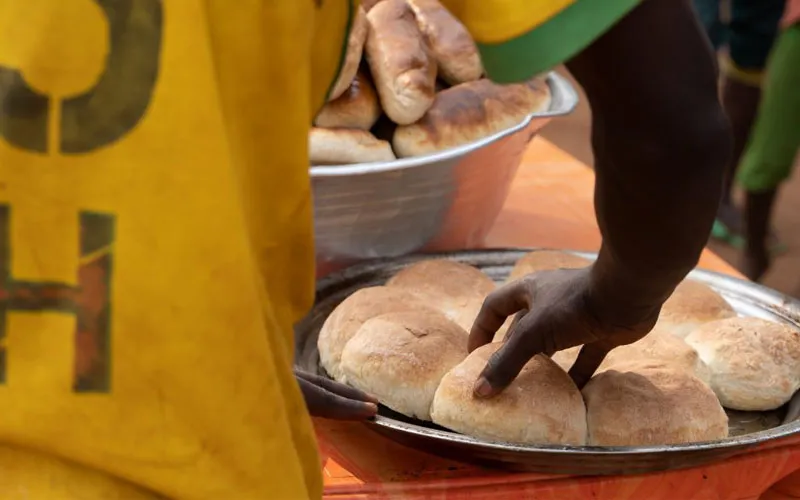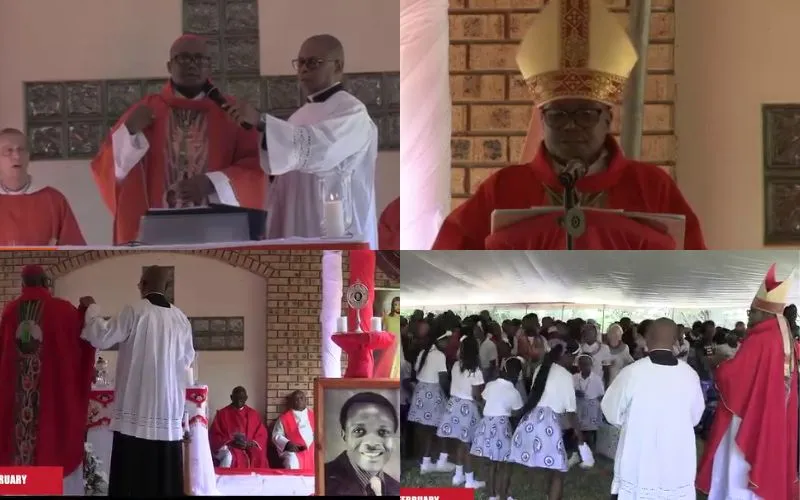Bangui, 21 May, 2022 / 4:00 pm (ACI Africa).
More than 300 children who served as child soldiers in the Central African Republic (CAR) have been given an opportunity to transform their lives through training opportunities spearheaded by Jesuits Refugee Service (JRS), an international refugee entity of the Society of Jesus (Jesuits).
In a Monday, May 16 report, JRS leadership says that children in CAR have been at high risk of abuse, recruitment, and exploitation by armed groups since the onset of civil unrest in 2013.
“To foster the social inclusion of children…, in 2017 JRS CAR began campaigning to demobilize young people and provide them with educational and training opportunities,” JRS officials say in the report.
They add in reference to the training opportunities, “Given the stigma faced by former child soldiers, these activities also targeted the broader community, to encourage reconciliation and promote social cohesion.”
In the report, the officials of the Catholic entity say that since the inception of the program five years ago, many children have left combat grounds and joined the program. They say that the children have learned new skills and are now living a new life.








